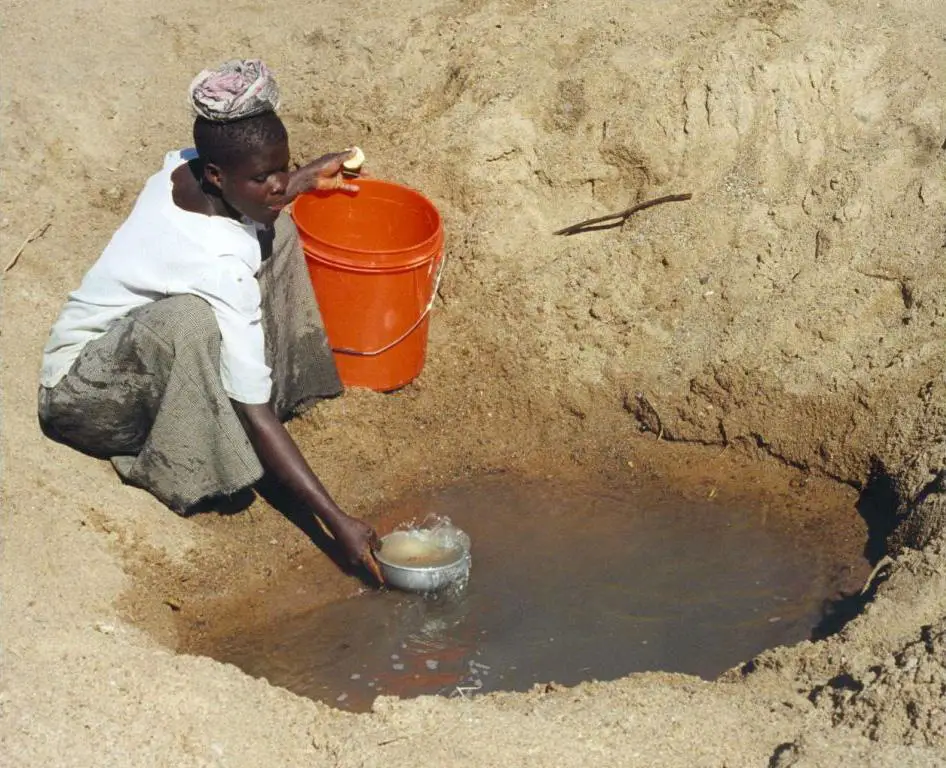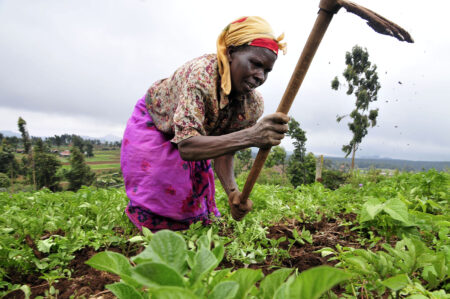In the wake of the ongoing devastating drought that continues to ravage the Horn of Africa at an alarming rate, it is imperative to urgently redress Africa’s perennial water crisis. The United Nations Office for the Coordination of Humanitarian Affairs (OCHA) reports that communities in the Horn of Africa are experiencing one of the most
[elementor-template id="94265"]











